Trash-cli is a command line interface that trashes files and records the original absolute path, deletion date, and associated permissions. It uses the same trashcan used by popular Linux desktop environments such as KDE, GNOME, and XFCE which can be invoked from the command line (and via scripts).
Trash-cli provides these commands:
$ trash-put #trash files and directories. $ trash-empty #empty the trashcan(s). $ trash-list #list trashed files. $ trash-restore #restore a trashed file. $ trash-rm #remove individual files from the trashcan.
In this article, we will show you how to install and use trash-cli to find the original path, deletion date, and permissions of deleted files in Linux.
How to Install Trash-cli in Linux
The straightforward way of installing trash-cli is by using easy_install tool as follows:
$ sudo apt-get install python-setuptools #Debian/Ubuntu systems $ sudo yum install python-setuptools #RHEL/CentOS systems $ sudo easy_install trash-cli
Else, install Trash-cli from source as shown.
$ git clone https://github.com/andreafrancia/trash-cli.git $ cd trash-cli $ sudo python setup.py install
How to Use Trash-cli in Linux
To trash a specific file, run.
$ trash-put file1
List all trashed files.
$ trash-list 2017-05-05 10:30:48 /home/tecmint/file1 2017-05-10 13:40:41 /home/tecmint/file2 2017-05-12 22:30:49 /home/tecmint/file3 2017-05-12 22:50:48 /home/tecmint/test
Search for a file in the trashcan.
$ trash-list | grep file 2017-05-05 10:30:48 /home/tecmint/file1 2017-05-10 13:40:41 /home/tecmint/file2 2017-05-12 22:30:49 /home/tecmint/file3
Restore a trashed file.
$ trash-restore 0 2017-05-05 10:30:48 /home/tecmint/file1 1 2017-05-10 13:40:41 /home/tecmint/file2 2 2017-05-12 22:30:49 /home/tecmint/file3 3 2017-05-12 22:50:48 /home/tecmint/test
Remove all files from the trashcan.
$ trash-empty
Remove only the files that have been deleted more than <days> ago:
$ trash-empty <days>
Here is a demonstration of this command:
$ date Mon May 15 20:26:52 EAT 2017 $ trash-list 2017-05-12 13:51:12 /home/tecmint/new.txt 2017-05-11 10:41:30 /home/tecmint/old.txt 2017-04-05 20:43:54 /home/tecmint/oldest.txt $ trash-empty 7 $ trash-list 2017-05-12 13:51:12 /home/tecmint/new.txt 2017-05-11 10:41:30 /home/tecmint/old.txt $ trash-empty 1 $ trash-list 2017-05-12 13:51:12 /home/tecmint/new.txt
Remove only files matching a pattern.
Do not forget to use quotes in order to protect the pattern from shell expansion:
$ trash-rm \*.txt
For more information, check out Trash-cli Github repository: https://github.com/andreafrancia/trash-cli
That’s all! Do you know of any similar CLI tools for Linux? Share some info about them with us via the comment form below.

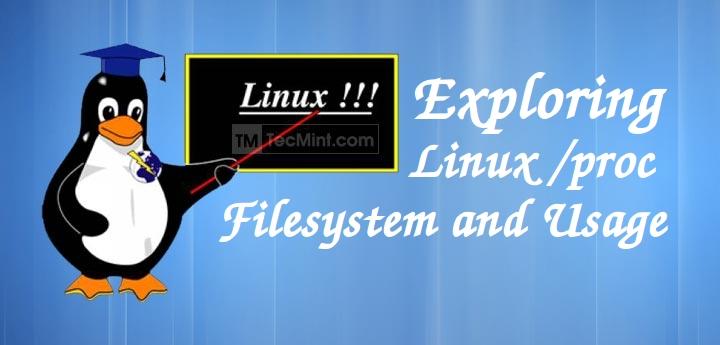
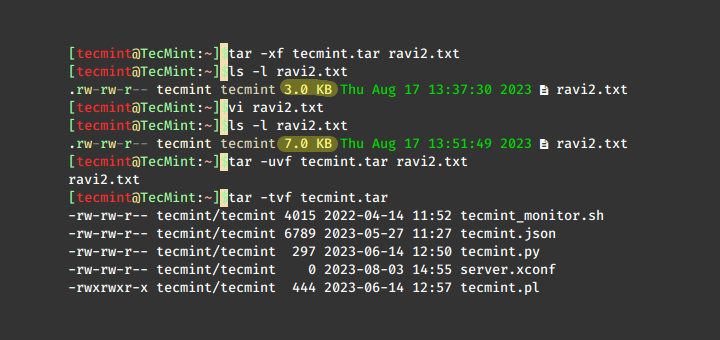
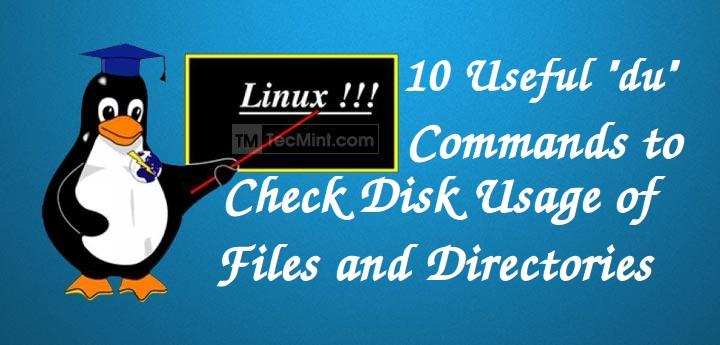
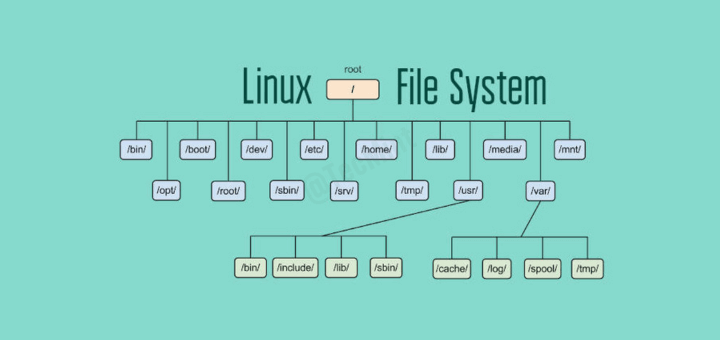

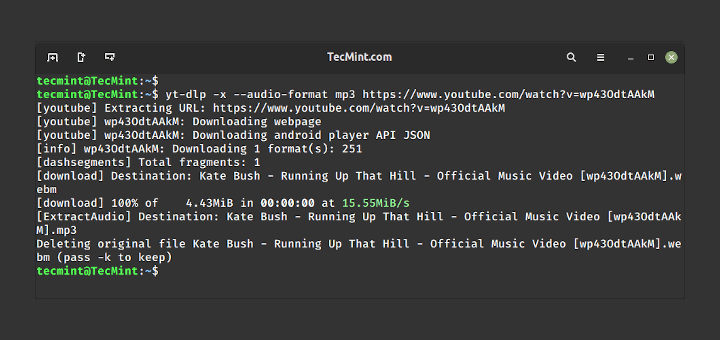
Hey can you tell me how to UNinstall it? :/
@Duc
You can use Python PIP to uninstall it, like this:
Dear Aaron, thank you for the fast message but I have to disappoint you:
DEPRECATION: Uninstalling a distutils installed project (trash-cli) has been deprecated and will be removed in a future version. This is due to the fact that uninstalling a distutils project will only partially uninstall the project.
Uninstalling trash-cli-0.17.1.14:
/usr/lib/python2.7/site-packages/trash_cli-0.17.1.14-py2.7.egg-info
Proceed (y/n)? y
Successfully uninstalled trash-cli-0.17.1.14
but if I retry to use the trash command it still working… do you have any ideas?
@Duc
Ensure that you are using the latest version of PIP. If it still fails, try the next option, which is to run the following command, which removes all dependencies of trash-cli:
Then remove the egg file for the trash-cli package:
I hope this will help you.
Very useful tool! Thank you for the article, it’s great help.
@Mauricio
Welcome, thanks for the useful feedback.